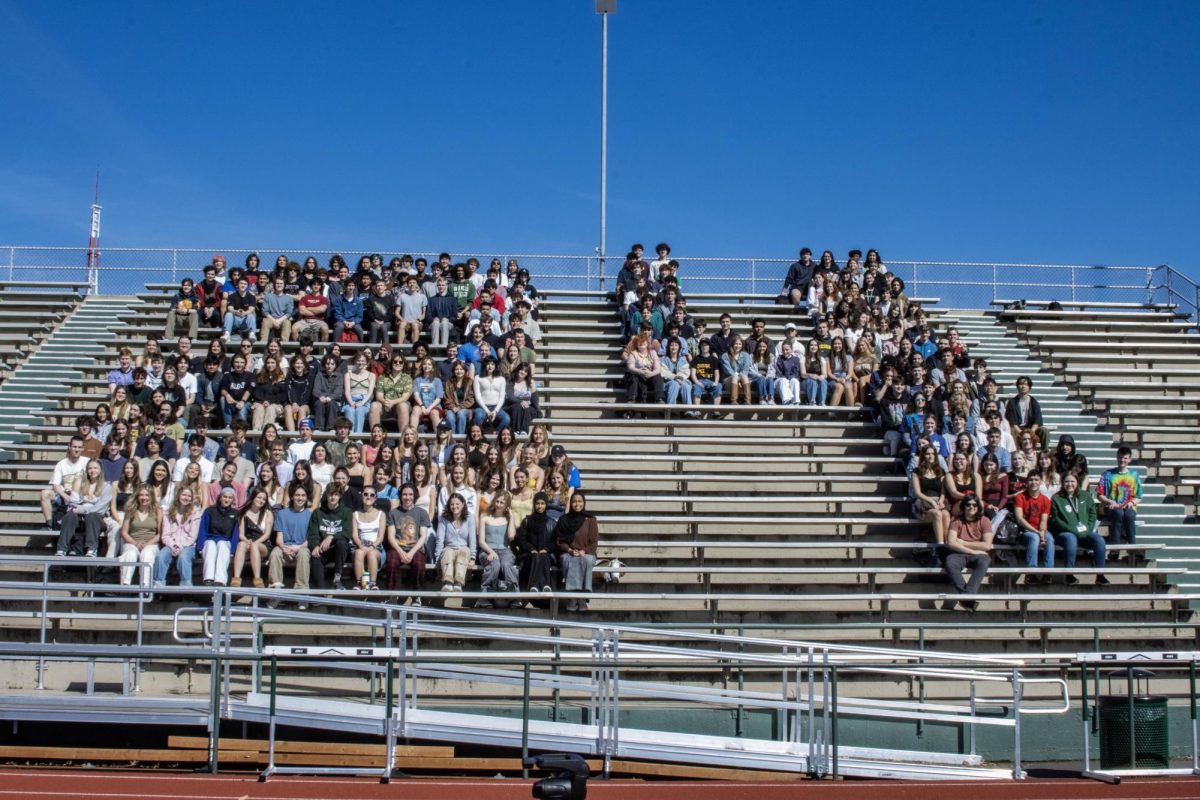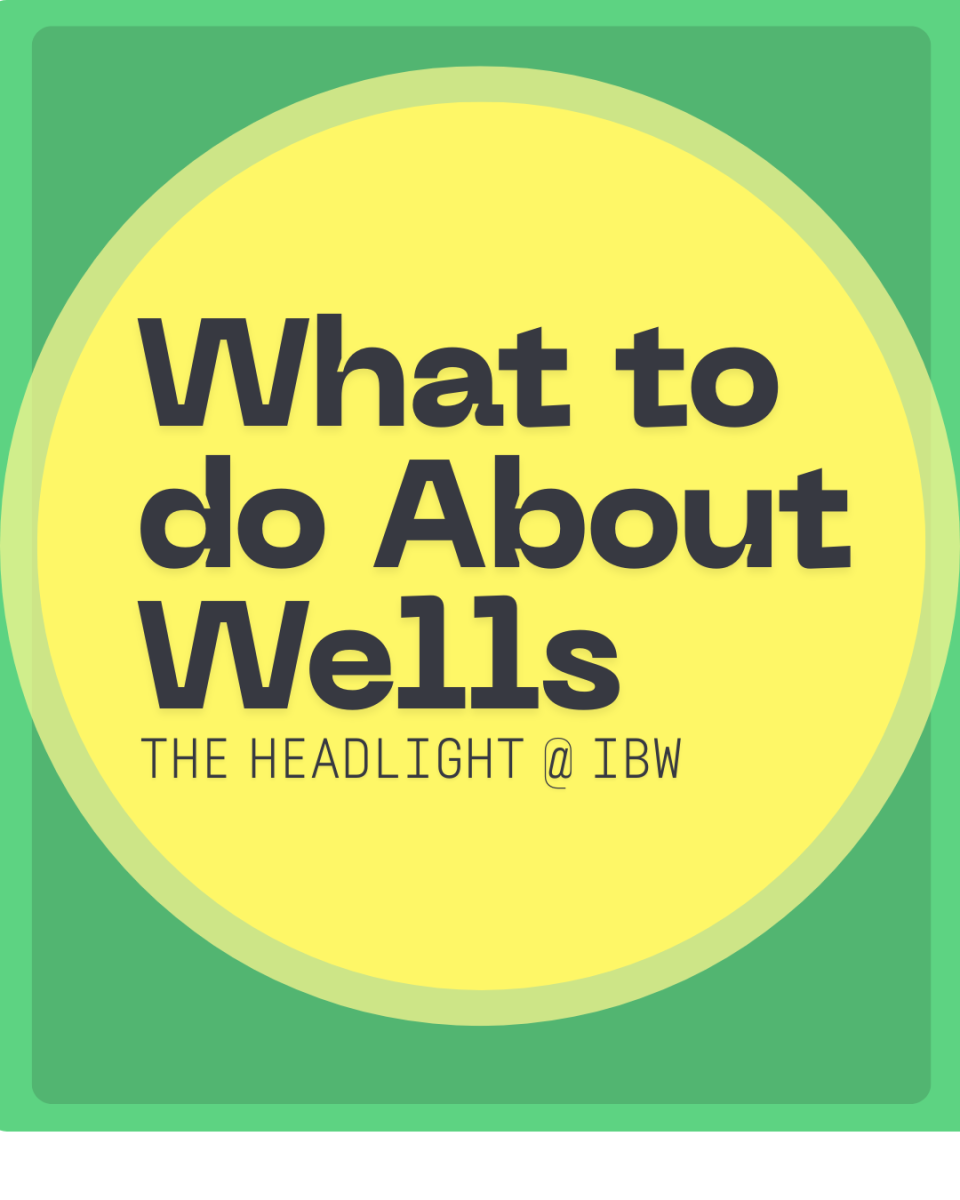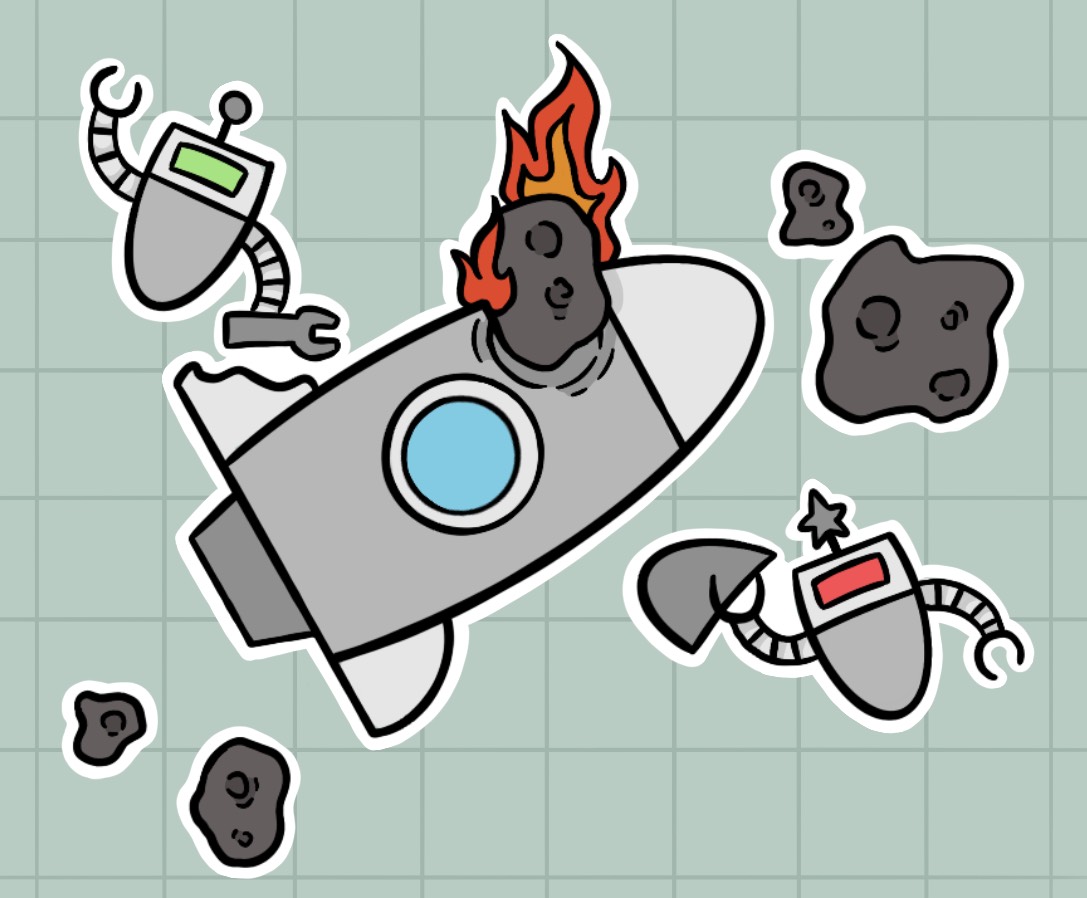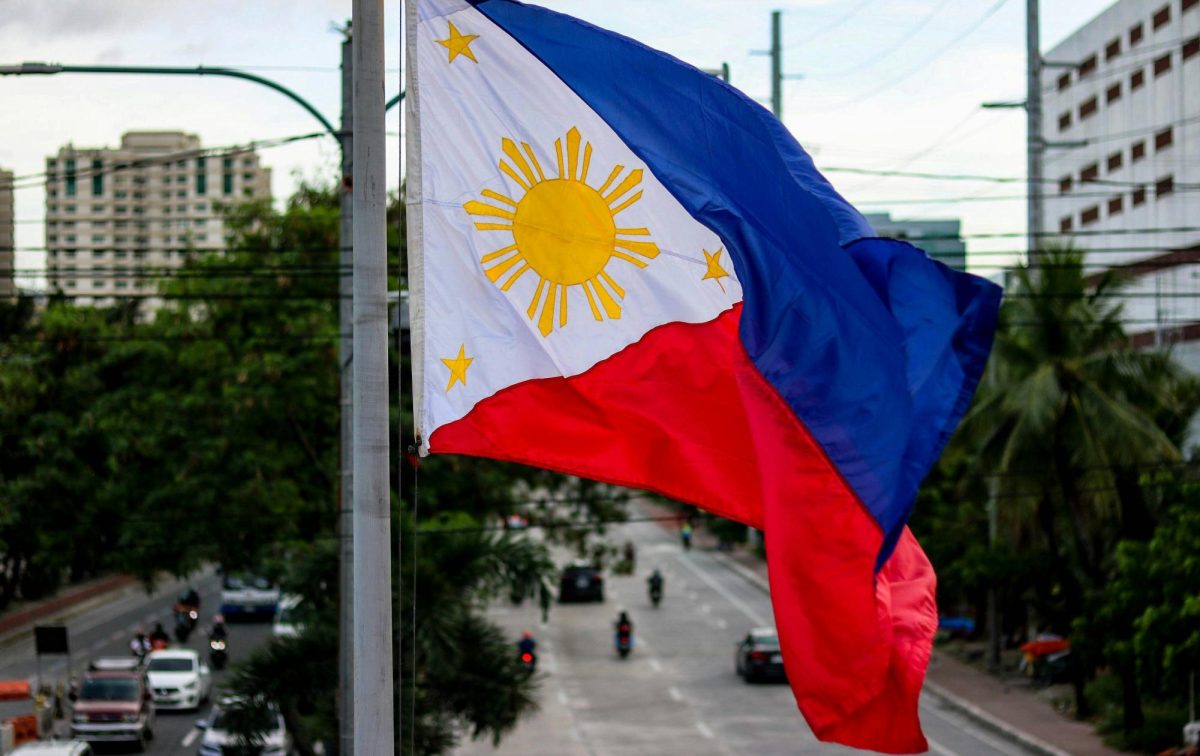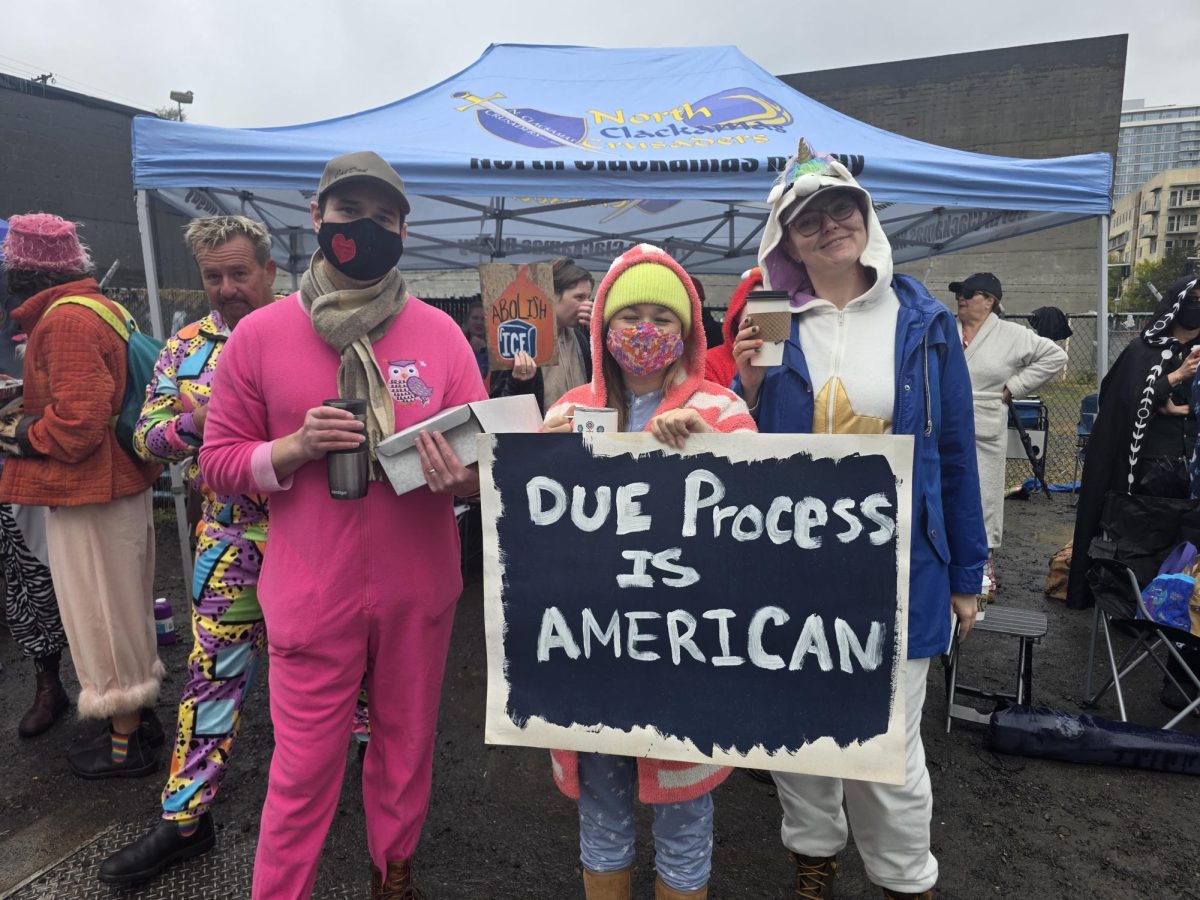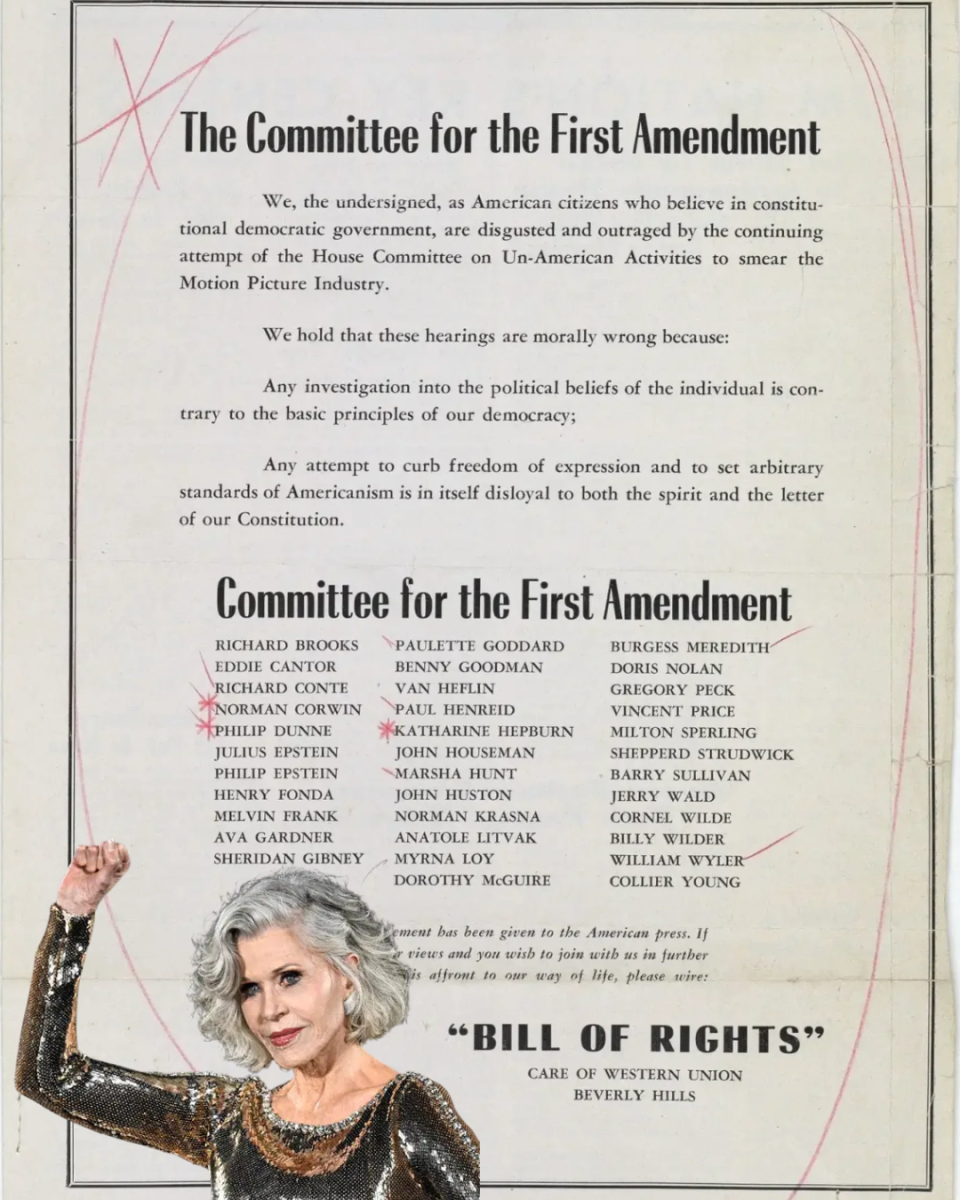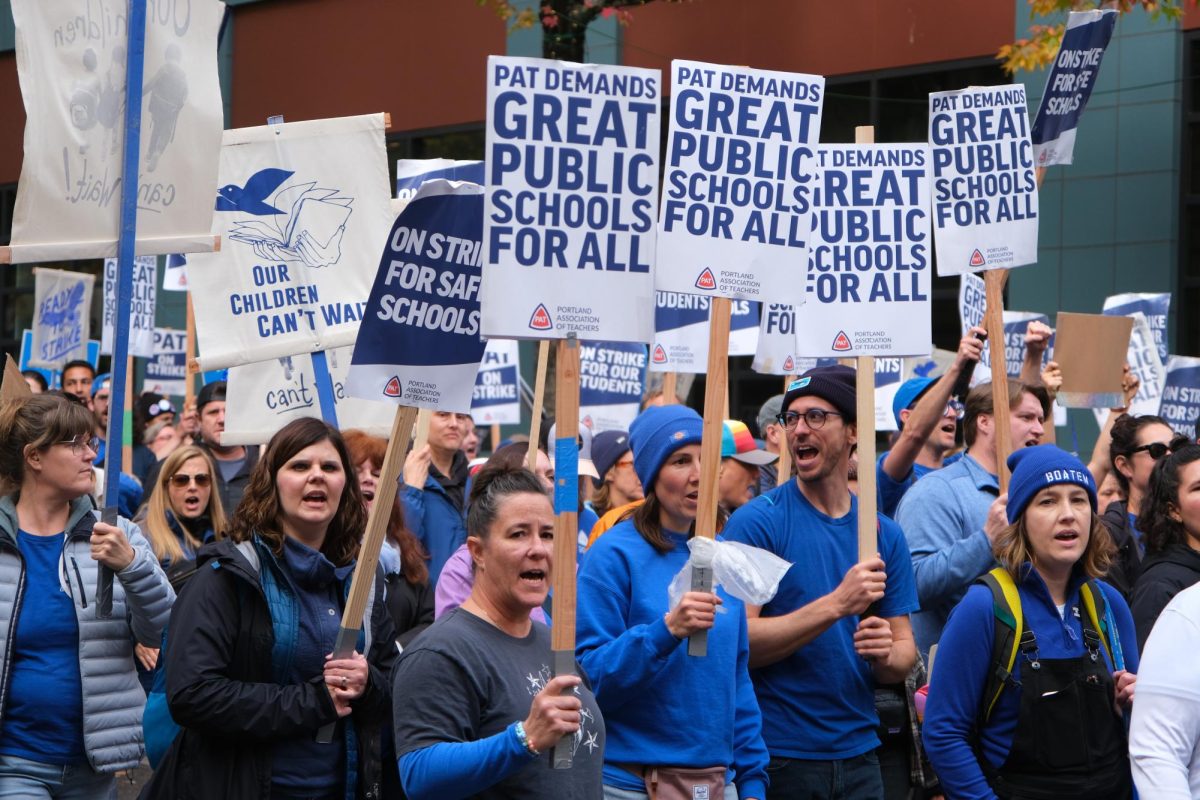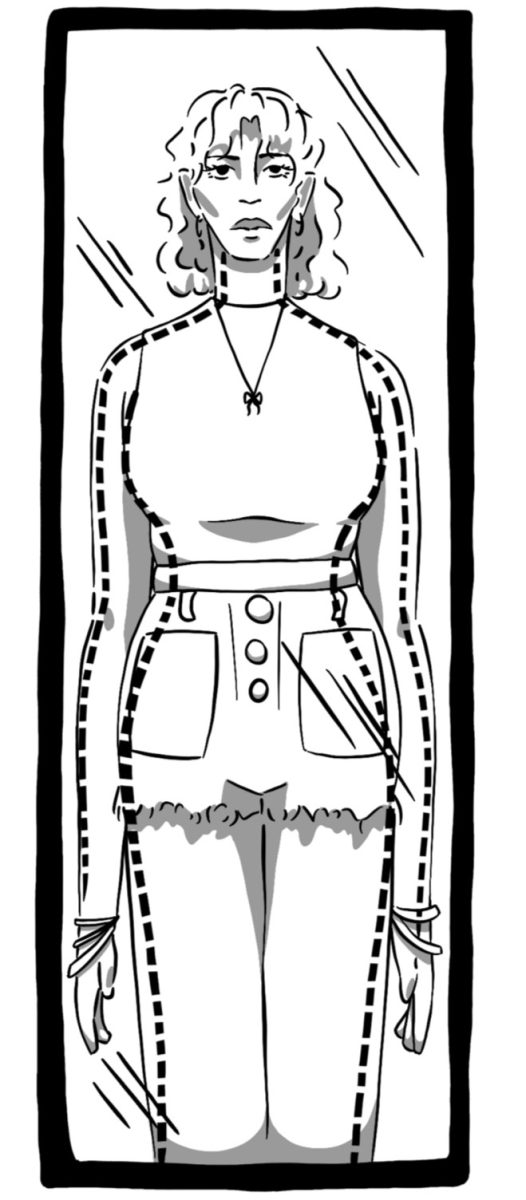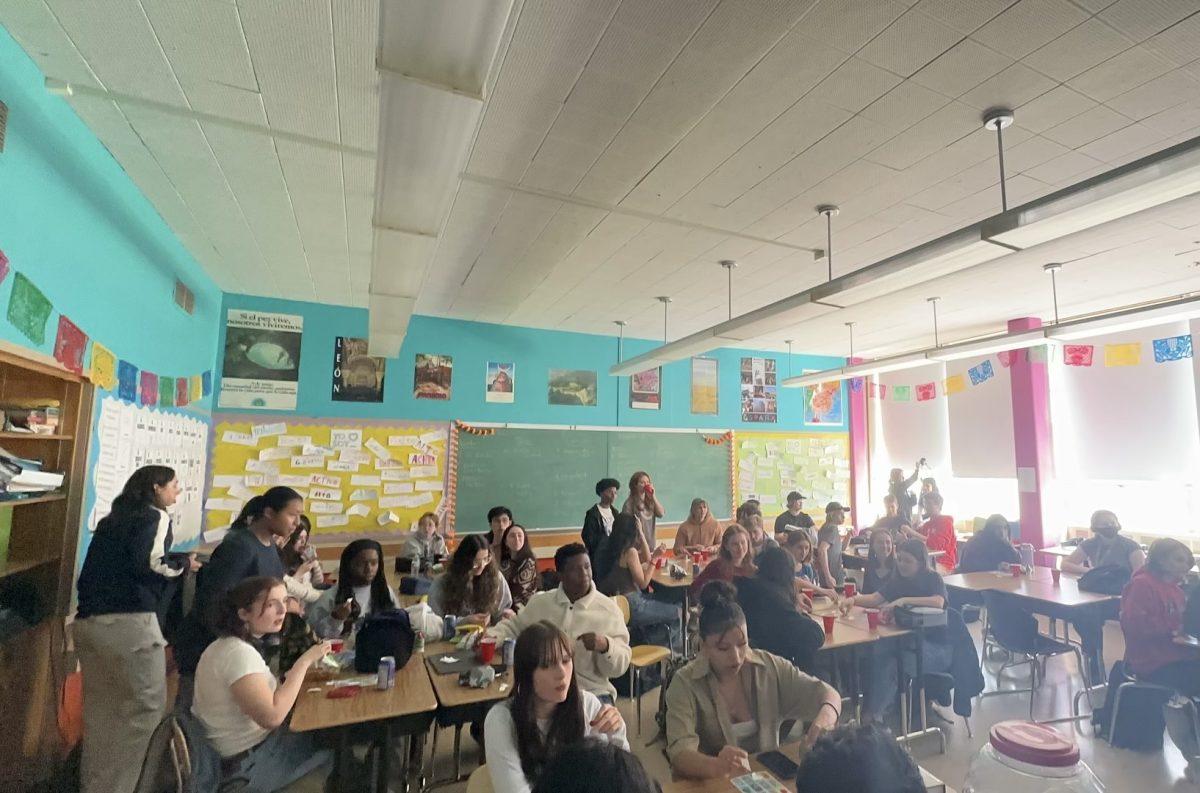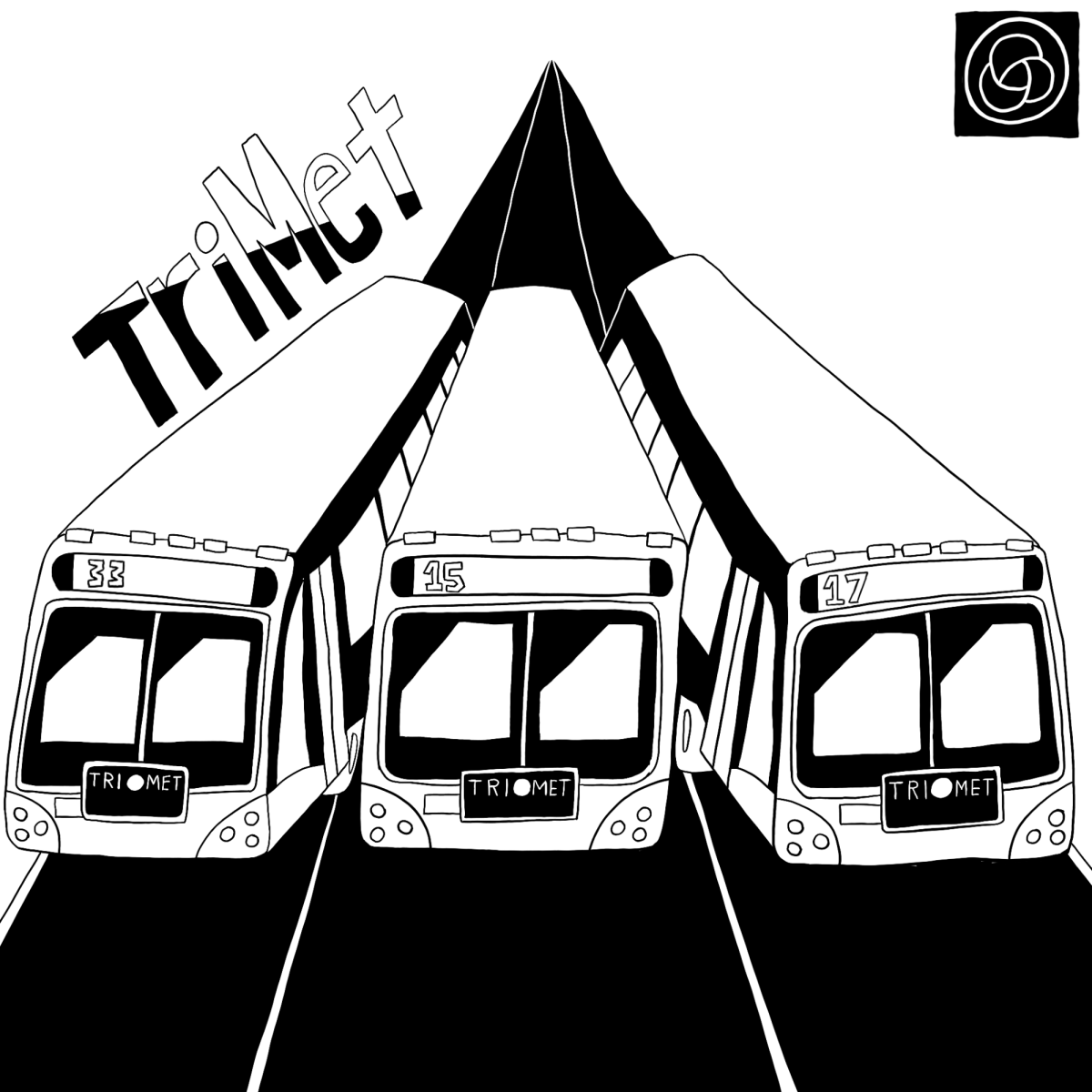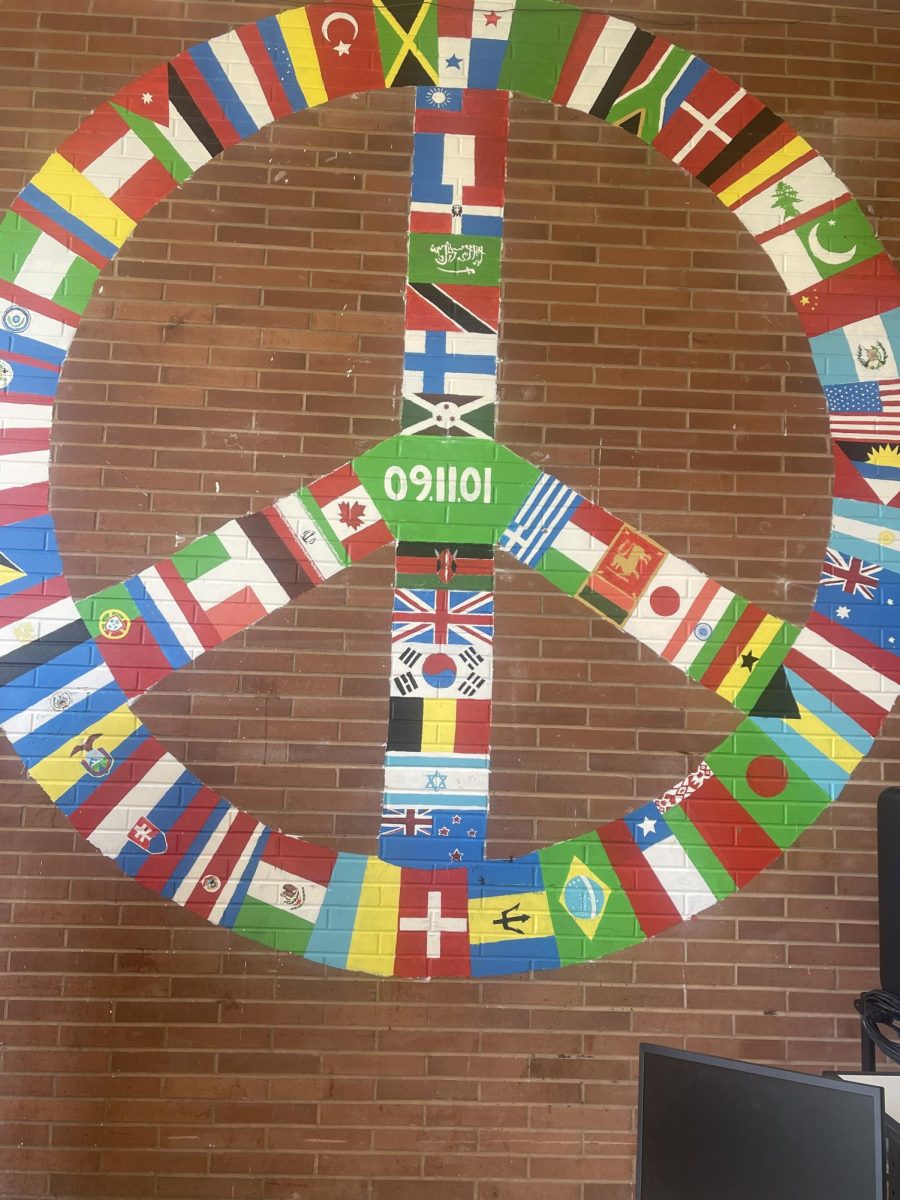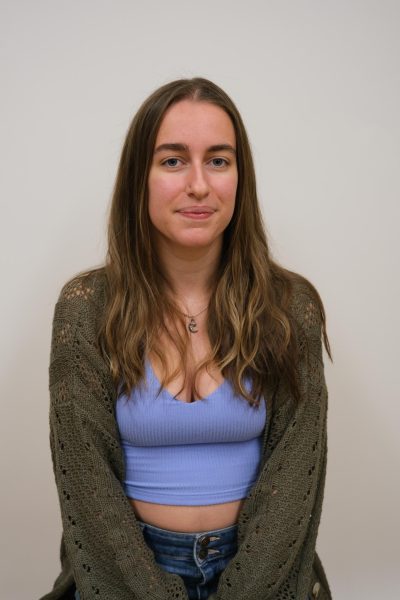The senior class of 2024 is a class like no other. From the COVID-19 pandemic to the first-ever Portland Public Schools (PPS) teacher strike, seniors have experienced events that no other class has. Not only has this affected our class psychologically, but it has affected the dynamics and aspects of our everyday lives.
On March 13, 2020, the president of the United States declared the COVID-19 outbreak a national emergency, and Former Oregon Governor Kate Brown directed an executive order stating public schools would close statewide from March 16, 2020, to March 31, 2020. Many of us, 8th graders at the time, thought, “This is so fun, we get an extra long spring break,” but little did we know, we would not return to school until August of 2021.
The COVID-19 quarantine forced us all into our homes, causing many to lose their jobs and social connections. Stuck in our homes, our freshman year of high school was taught through virtual learning, which caused a rocky start to our high school years. The lack of social interaction and being stuck with the same people for almost two years caused emotional and psychological strain on how we approach relationships and life in general. “I felt very isolated and I struggled with school a lot,” said Bowie Altland, a senior at Ida B. Wells High School (IBW). “I think it built pretty bad habits. I have ADHD and I have gotten medicated for it in the past year. But with all [of] the scores being significantly easier without having to show up to class, I pretty much just didn’t do any school at all for the entire year, and just coasted by. And I’ve continued the last two years of high school with the same attitude, and I have not been very successful.”
Not only did this social isolation affect our first few years of school, but these habits have followed us into the rest of our high school years, and potentially into the rest of our lives.
No matter what age you are, you might have experienced “pandemic burnout,” which is the generalized term for the emotional and psychological tiredness experienced after the COVID-19 pandemic. This burnout typically results in a lack of motivation and interest in most activities and fatigue.
This burnout is usually experienced by the senior class in their last few months of school and is referred to as “senioritis.” This phenomenon stems primarily from the idea that seniors are ready to leave their high schools, are typically absent from class and are caring less about their grades. This senior class specifically has been hit hard with the desire to finish high school. “It feels like school is pretty secondary in our lives, whereas for some people it’s a really big thing,” said Altland. “And I think just being completely disconnected from the school culture and the people in the school, [and] having super limited interactions with people. And then when we finally get back to school, there’s snowstorms and strikes and all these things that we just keep taken out of school [for]. We keep being reintroduced, and that makes every single time harder and harder.”
Not only did the senior class have to live through a global pandemic, but we also experienced the first-ever PPS teacher strike, which caused students and teachers to be out of school for a month. The strike was sparked by the unsafe conditions and inconsiderate contracts that were asked to be renegotiated by teachers. Every day, students, teachers and other members of the Portland community rallied with signs and chants in solidarity with the teachers. From the outside, many parents were angry at the teachers for causing school disruptions, as many had to find other childcare options and help their child progress academically without having instructional in-school time.
“We would just walk and hold signs and you cheer and people drive past and honk, and sometimes people drive past and say go back to work, and you do brush those ones off,” said Lucia Donovan, a senior and co-ASB president at IBW. “…to me, it was an interesting time to connect with a lot of my teachers because you’re out there for an hour and a half, so you have these long conversations. I learned so many things about even my substitute teachers who were there. PPS substitute teachers were also out on the picket lines, and there was a really strong sense of community.”
Although the strike was an important milestone in the history of our school district, students were inevitably negatively impacted. Rhythms were broken, schedules were put on hold, and material was lost.
Then came the snowstorm at the end of February, which caused city and state-wide power outages, and mass destruction of homes around the Portland Metro Area. Though IBW was closed for only a week, numerous students’ families were displaced and forced to live in hotels as school continued.
The senior class was once again thrown for another loop, another inconsistency of their high school years. Many saw it coming, and others wished that they would have some normalcy. “You need to get in the groove of things,” commented Donovan. “And I know schedules don’t work for everyone. But for a lot of people, like for a lot of us developmentally, it’s good to have a consistent schedule.”


